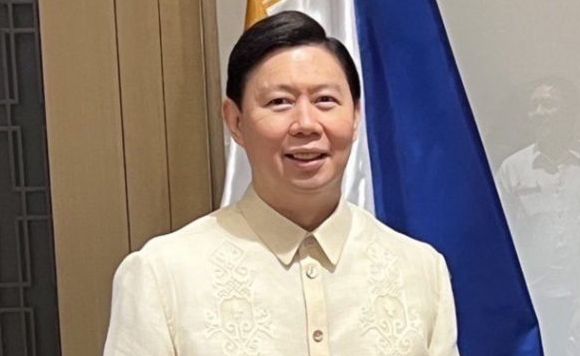By SwiftClaims
MANILA — In a landmark move poised to transform care for thousands of kidney disease patients, the Philippine Health Insurance Corporation (PhilHealth) has announced a sweeping expansion of its coverage for peritoneal dialysis (PD), raising annual benefits to as much as ₱1.2 million ($21,500) and extending critical support to children for the first time. The policy, which took effect January 1, 2025, marks one of the most significant healthcare reforms under President Ferdinand R. Marcos Jr.’s administration, emphasizing patient autonomy and accessibility despite ongoing fiscal constraints.
A New Lifeline for Patients
Peritoneal dialysis, a less invasive alternative to hemodialysis, uses the body’s own abdominal lining as a filter to remove waste from the blood. Unlike hemodialysis, which requires frequent clinic visits, PD allows patients to administer treatments at home, offering flexibility and preserving quality of life. Yet, in the Philippines—where an estimated 2.3 million adults suffer from chronic kidney disease—cost has long been a barrier. Before this update, PhilHealth’s annual PD coverage capped at ₱270,000 ($4,800), leaving many families to shoulder steep out-of-pocket expenses.
The enhanced “Z Benefit Package” now differentiates support for adults and children, acknowledging the unique needs of pediatric patients. Adults can access up to ₱510,140 ($9,100) annually for Continuous Ambulatory Peritoneal Dialysis (CAPD), a manual process, while children qualify for up to ₱1.2 million ($21,500) if they require Automated Peritoneal Dialysis (APD), which uses a machine overnight. The packages also cover preventive care for infections, catheter insertion, lab tests, and medications—critical add-ons that advocates say address systemic gaps in care.
“We want peritoneal dialysis to be a first-line treatment, not a last resort,” said PhilHealth President Emmanuel R. Ledesma, Jr. in an interview. “This isn’t just about cost—it’s about empowering patients to choose a treatment that lets them work, study, and live with dignity.”
Pediatric Care Takes Center Stage
For families like the Santos family in Cebu, the changes are life-altering. Twelve-year-old Miguel Santos, diagnosed with kidney failure in 2023, previously relied on costly hemodialysis sessions three times a week, forcing his mother to quit her job as a schoolteacher. “APD means Miguel can sleep through treatment and still go to school,” she said. “This coverage lifts a weight we’ve carried for years.”
PhilHealth’s pediatric packages, which range from ₱510,000 to ₱1.2 million, reflect a growing recognition of childhood kidney disease—a condition often overshadowed by adult care in public health planning. Dr. Maria Consuelo Lim-Santiago, a nephrologist at Manila’s St. Luke’s Medical Center, praised the shift: “Children aren’t just small adults. Their growth, development, and emotional needs require tailored solutions. This policy finally acknowledges that.”
Balancing Autonomy and Accountability
To curb misuse, PhilHealth has implemented strict guidelines. Patients must register in a national dialysis database, adhere to treatment plans, and avoid reselling or sharing PD solutions—a measure aimed at preventing black-market diversions. Healthcare providers, meanwhile, are barred from charging co-payments for essential services, though non-essentials like private hospital rooms may incur fees.
“Transparency is key,” Ledesma emphasized. “We’re holding providers accountable to ensure patients aren’t burdened by hidden costs.”
Challenges Ahead
While the reforms have been widely lauded, questions linger. Only 51 PD providers are currently accredited nationwide, and rural patients may still face logistical hurdles. Additionally, the “zero subsidy” framework cited by Marcos’ administration raises concerns about long-term funding sustainability.
Yet for many, the changes signal hope. As the Santos family prepares for Miguel’s transition to APD, his mother reflects: “This isn’t just about money. It’s about giving him a childhood.”
For more information on providers and eligibility, visit www.philhealth.gov.ph or contact PhilHealth’s 24/7 hotlines: (02) 866-225-88, 0998-857-2957, 0968-865-4670, 0917-1275987, or 0917-1109812.
